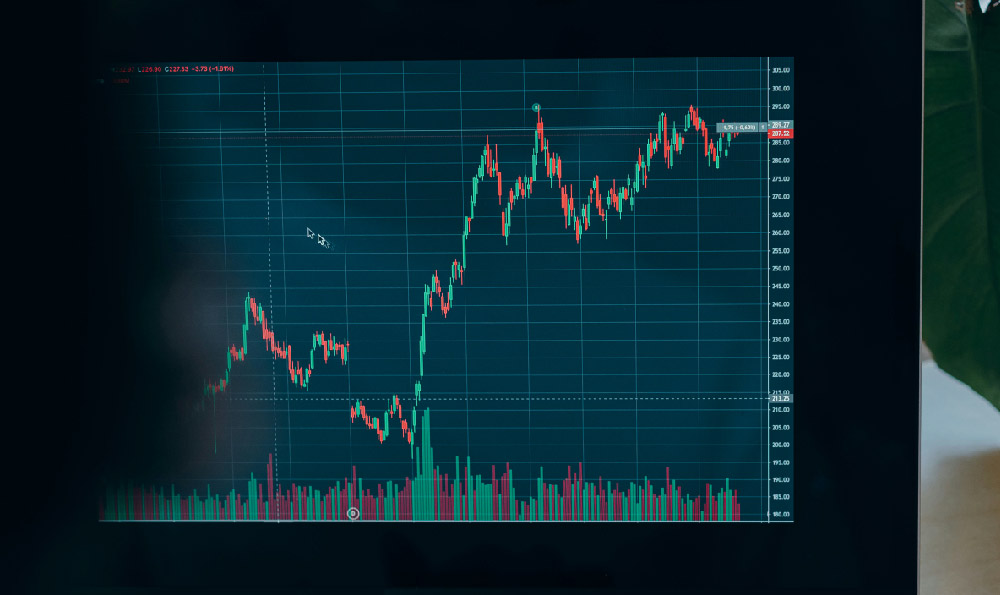How to Make Money with Horses: Business Opportunities and Ideas
Horses have long been associated with leisure and sport, yet their potential as a medium for financial gain is often overlooked. This unique intersection of passion and profitability opens up diverse pathways for individuals seeking to generate income through equine ventures, regardless of whether they are seasoned investors or newcomers to the field. The key lies in identifying the right niche, leveraging strategic planning, and understanding the broader economic context that drives demand for horse-related services and products. While some ideas may push the boundaries of conventional norms, it is crucial to approach these opportunities with a balanced perspective that prioritizes sustainability, compliance, and long-term viability.
The equine industry thrives on specialization, and those who carve out a distinct role within it often find themselves on a profitable trajectory. For instance, advanced breeders who focus on rare or high-performance horses can command premium prices for their animals, particularly when aligning with emerging trends in equestrian culture and demand from elite athletes or collectors. However, success in this area requires not only an understanding of breeding techniques but also access to stable markets, which may involve partnerships with international equestrian associations or participation in exclusive sales events. The global market for high-end horses is estimated to be worth billions, creating a fertile ground for those who can navigate its intricacies.
Complementing this approach are urban and rural-based equestrian businesses that tap into the growing trend of wellness and outdoor recreational activities. In cities, horse riding academies that offer premium training programs for children and adults have witnessed a surge in clientele, especially as interest in equine-assisted therapy and personal development continues to rise. These businesses often thrive by integrating technology, such as virtual training modules, with in-person sessions, thereby expanding their reach while maintaining quality. Meanwhile, in rural settings, horse farms that provide luxury experiences for tourists—like guided horseback rides through scenic landscapes or overnight stays with stables—have found lucrative niches by catering to affluent demographics seeking unique lifestyle opportunities. The fusion of traditional equestrian practices with modern consumer preferences is reshaping the economic landscape in unexpected ways.

Another promising avenue is the development of vertical revenue streams through the creative reuse of equine resources. For example, equine farms can diversify their income by offering educational workshops on horse care, management, or horse-related careers, attracting both aspiring professionals and enthusiasts. These programs not only generate direct revenue but also enhance the farm's brand value, potentially leading to sponsorships or collaborations with equestrian brands. Additionally, the use of horse-drawn transportation for niche events such as weddings, cultural festivals, or themed tourism experiences has created a new market for those willing to innovate. The emotional appeal of nostalgia and the symbolic value of horses as heritage assets make this an attractive segment for long-term investment.
The rise of equestrian-themed entertainment represents yet another opportunity to connect equine resources with broader economic trends. Pop-up events that feature horse shows, themed parties, or even equine-inspired art installations have gained traction in urban areas, appealing to consumers looking for immersive experiences. These ventures often combine the thrill of live performances with the exclusivity of limited participation, creating a high-value revenue model. Meanwhile, the entertainment industry has also embraced horses for film, television, and video game productions, which can open doors to partnerships with media corporations or the development of exclusive merchandise lines. The synergy between horse-related content and immersive entertainment is expanding the economic horizon for those with a creative edge.
Despite the allure of these opportunities, the equine industry is not without its challenges. Market fluctuations, regulatory constraints, and the inherent costs of maintaining a horse farm require careful planning and adaptability. For example, some regions impose strict guidelines on animal welfare or land use, which could limit the scalability of certain ventures. Additionally, the decline of traditional horse industries such as agriculture and transportation necessitates a proactive approach to aligning with the evolving market. Investors who are willing to diversify their strategies—not just focusing on direct income from horses but also exploring ancillary services—often find greater stability in this dynamic sector.
The world of horse-related investments is as diverse as it is complex, demanding a thoughtful approach that goes beyond initial enthusiasm. Whether through breeding high-value horses, developing experiential businesses, or merging equine resources with entertainment, the potential for profitability is vast. However, success hinges on a combination of market awareness, resource management, and the ability to innovate within a niche. As the global economy continues to shift towards experiential and sustainable models, horses remain a compelling asset for those who can harness their potential while navigating the challenges inherent in this unique field.















